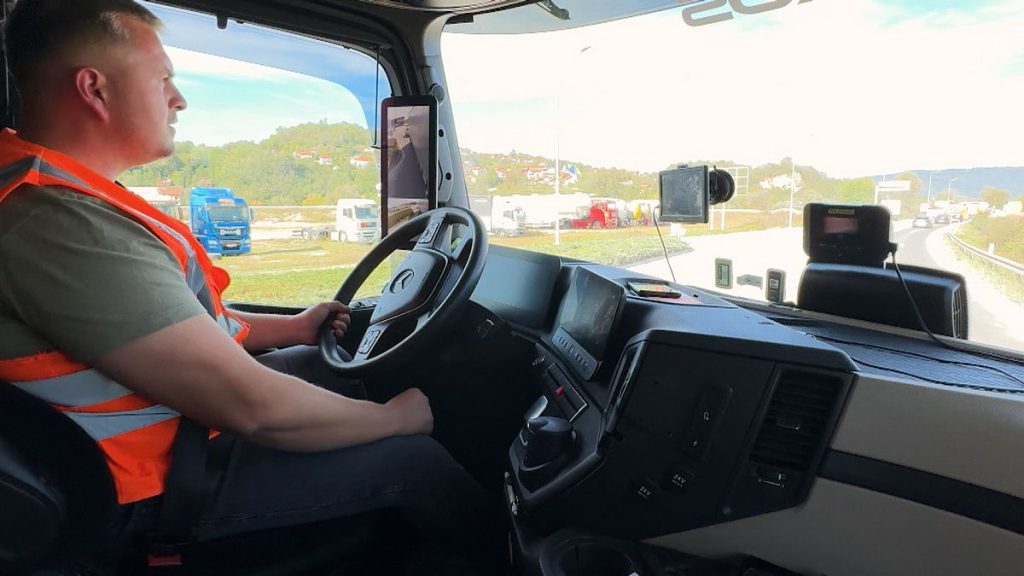Bosnia and Herzegovina is currently working on developing transport corridor Vc, a major infrastructure project that will connect the Croatian port of Ploče with the Bosnian capital Sarajevo and industrial cities along the north-south line. The construction of this 336-kilometer highway project has been ongoing for 23 years and faces challenges such as delays and increasing costs. The highway aims to strengthen ties with neighboring Balkan countries and improve traffic connections with European markets. The EU is providing financial support for the project through grants and loans, as Bosnia cannot finance it on its own. Industrial parks are expected to spring up along the corridor, creating jobs, economic growth, and increased competitiveness.
The region known as the “iron heart of Bosnia” has a long tradition of iron processing and manufacturing. Companies like NCMC are struggling to find workers due to emigration to higher-wage EU countries. NCMC, a global market leader in rack warehouse production, is expanding its operations and planning to double its production line in the next year. While the transport of metal racks would be more cost-effective by rail, Bosnia’s outdated railway network makes road transportation more viable in the meantime. The completion of the highway is expected to facilitate transportation and improve trading opportunities for companies like NCMC by connecting major cities in Bosnia and Herzegovina.
Truck drivers like Armin Mević express optimism about the highway project, as it would make their jobs easier and facilitate smoother travel between Bosnia and the EU. The construction of the highway is viewed as a positive development by workers in the transport industry, as it would streamline border crossings and reduce lead times. However, concerns exist about the pace of progress on the motorway expansion. The EU Delegation to Bosnia and Herzegovina acknowledges that certain bureaucratic procedures and weaknesses in public administration have slowed down the realization of infrastructure projects. The fight against corruption and strengthening of rules and regulations are identified as key areas for improvement in Bosnia’s journey towards EU integration.
Ensuring transparency and accountability in the use of EU funds is crucial to prevent corruption and ensure that money is invested effectively in infrastructure projects in Bosnia. The EU’s investment in Bosnia’s infrastructure is seen as a way to integrate the region into the European Single Market and promote economic growth in the Western Balkans. The completion of the highway by 2030 is a target set by Bosnian authorities, although doubts persist about the feasibility of this timeline. The country’s divided political landscape poses challenges to the timely completion of such large-scale projects, but unity among Bosnia’s ethnic groups could pave the way for a brighter future and closer ties with the EU.
In conclusion, Bosnia and Herzegovina’s construction of transport corridor Vc represents a significant step towards strengthening its ties with the EU and neighboring Balkan countries. The highway project has the potential to create economic opportunities, improve infrastructure, and streamline transport connectivity with European markets. The EU’s financial support for the project underscores its commitment to fostering growth and stability in the Western Balkans. However, challenges such as bureaucratic delays and political divisions in Bosnia pose obstacles to the timely completion of infrastructure projects. Overcoming these challenges will require sustained efforts to fight corruption, improve governance, and promote unity among Bosnia’s ethnic groups for a shared vision of a prosperous and integrated future.













